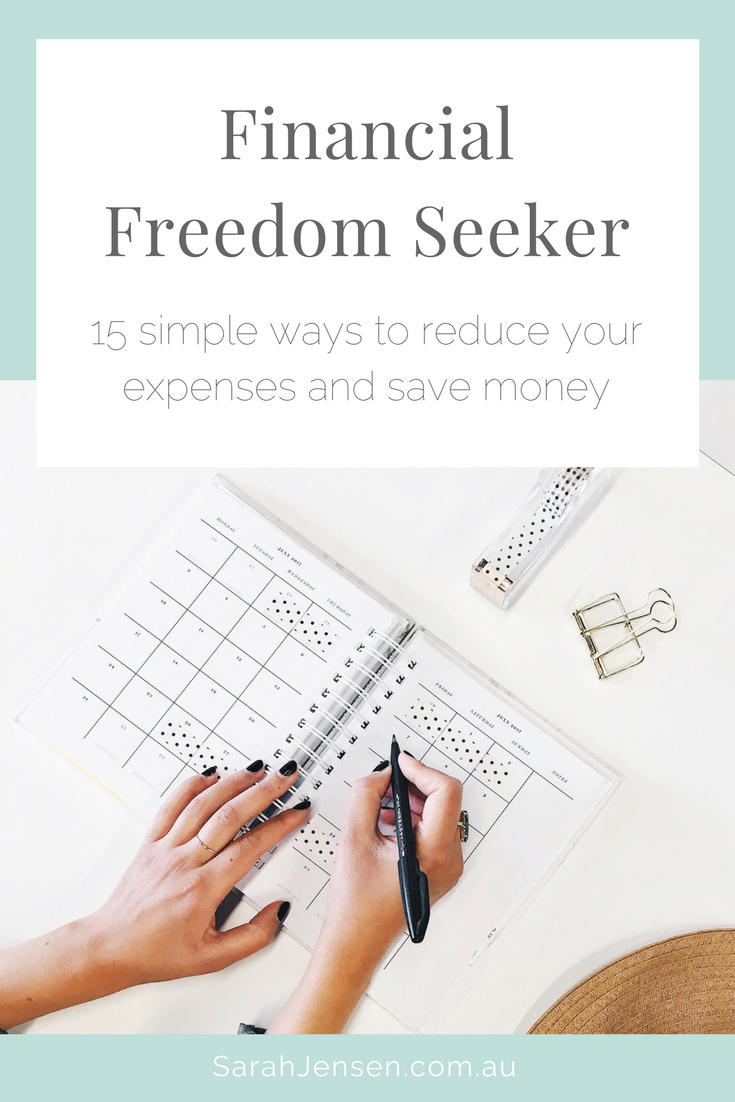
Hi lovely,
If I asked you to describe how you feel about money right now, what would your answer be?
Are you feeling:
Abundant?
In control?
And free?
Or are you feeling:
Stuck?
Frustrated?
Overwhelmed?
Drowning in debt?
Like there’s never enough?
Or maybe you’re somewhere in between?
Maybe, like me, you’ve spent most of your life cycling between being great with your money (reducing debt, saving a buffer, and feeling organised) and feeling like money was a total suck-fest (overspending, buying stuff you don’t need in the hope it will make you feel good, and taking the ‘head in the sand’ approach to your finances).
If you’re not where you want to be right now, I’m here to let you know it’s ok and you CAN turn it around.
And before we dig in to the goodness, I want to invite you to FORGIVE yourself – forgive your money stories, beliefs, habits and how you’ve dealt with money in the past.
Remember, a lot of what we believe about money we learned early in life from examples set by the adults in our lives (parents, teachers, and other significant grown ups who showed us and taught us what to expect, what to believe and how to feel about money).
So please know that right up until this very moment, you’ve been doing the best you can with the information and support you had available.
But now, lovely one, it’s time to OWN YOUR MONEY and write a new money story.
One that sees you receiving the income and abundance you deserve.
One that has you feeling confident and in control of your money.
One that has you living in a state of financial freedom.
Every.
Single.
Day.
You absolutely CAN create financial freedom in your life, and I’m going to show you how.
Starting with your expenses.
But first a little about my money story. You might relate…
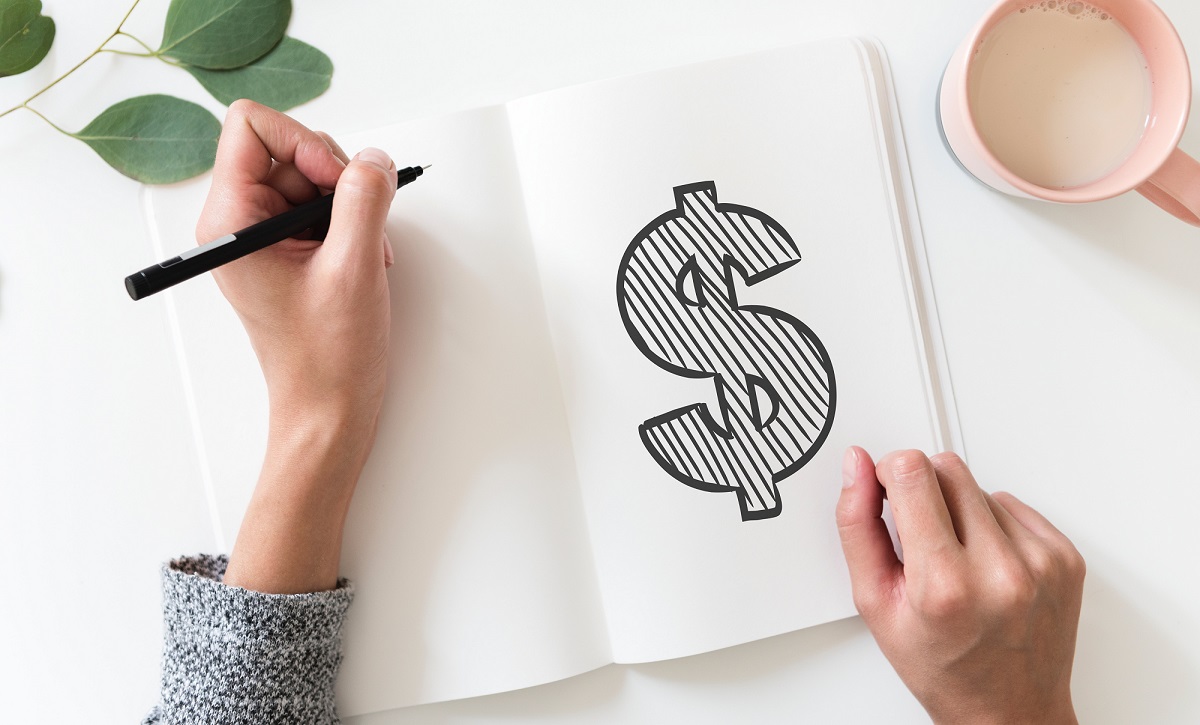
My Money Story
I’ve had a rocky relationship with money all my life.
It started with a store card at age 18 which I very quickly maxed out buying fancy makeup, skincare and clothes (aka everything I used to belive would make me feel beautiful, special and included).
Then I got another store card.
And a credit card.
And I maxed them ALL.
I spent so many years living pay cheque to pay cheque, constantly increasing my debt and never saving a dime.
As the quote goes:
I was spending money I didn’t have, on stuff I didn’t need, to impress people who didn’t matter
After pulling myself out of huge debt in my 20s and saving a great big wad of cash, I found myself back in debts-ville in my 30s and I realised if I wanted to create true financial freedom in my life and business, I was going to have to really do the work.
I started out by reading Denise Duffield Thomas’ book “Get Rich Lucky Bitch”.
Then I had an incredible coaching series with financial freedom advocate, Certified Practising Accountant and certified Life Coach, Jodie Matthews.
Then I treated myself to a deck of these gorgeous abundance affirmation cards from Lea Schodel of The Mindful Wealth Movement (yep, you can still enjoy treats when you’re paying off debt and becoming financially free!).
And then I devoured “The Barefoot Investor” by Scott Pape.
And in 8 months I’ve not only significantly increased my income, I’ve paid down over $20,000 of debt, started saving, shifted my money mindset and created positive habits that will set me up for a lifetime of true financial freedom.
So why am I sharing this?
Because I absolutely understand how stressful, frustrating, overwhelming and sick it can feel to have debt.
To feel like you’ll never get out of debt.
To feel like you’ll never save money, or own a home, or get ahead.
And to worry about how you’re going to pay your rent, or your bills, or buy groceries.
And I want you to know that no matter where you’re at now, you CAN CHANGE IT.
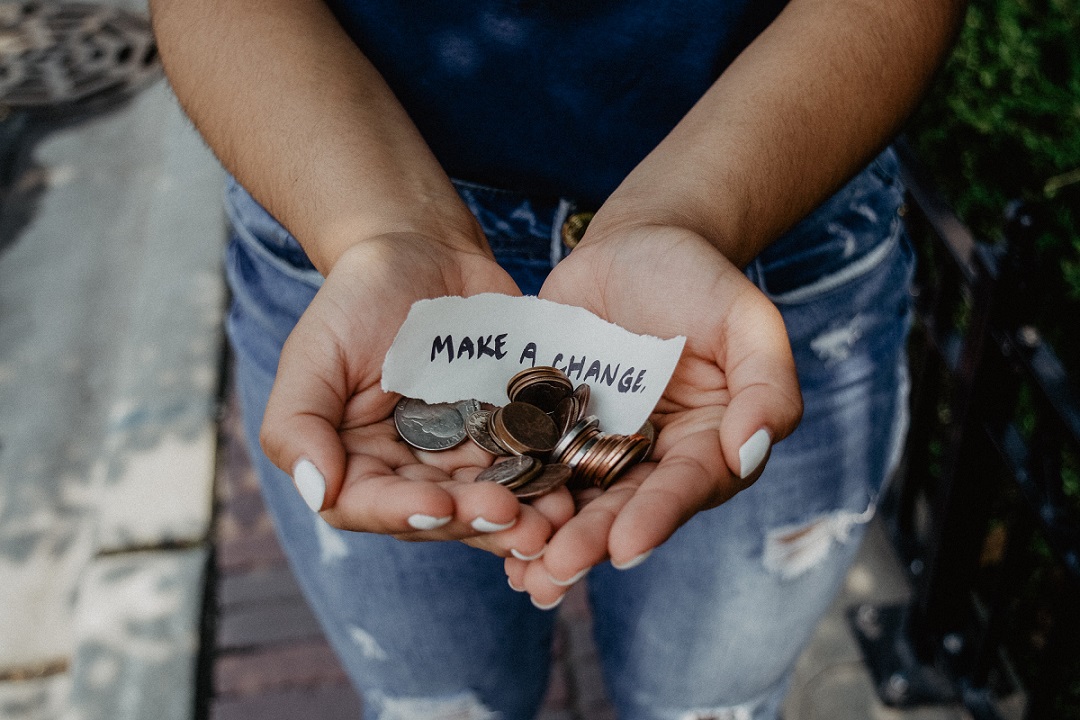
How to Start Reducing Debt & Creating Financial Freedom
The first step is to own where you’re at and commit to changing your situation (and know you’re not alone – there IS support out there and there are loads of free resources to help you get started).
The second step is getting really clear where your money’s going.
For me this was eye opening.
I didn’t think I was a big spender; I wasn’t bringing home lots of big ticket items.
But what really woke me up was tracking my spending for a month.
Yes.
I tracked Every. Single. Dollar. And. Cent.
What I noticed was I was spending lots of small amounts or chunks of money under $100 that weren’t really registering as excessive at the time, but over time they were adding up. A lot!
I was buying lots of chocolate, magazines, wine, lunches, dinners and takeaway meals.
I was an unconscious spender.
I’d never question whether I needed something. Whether I’d use something. Whether the expense could wait.
It was a case of see – want – buy.
So by tracking my spending, I was able to see very clearly that all of my (seemingly small) purchases were adding up to the point that I was always spending more than I was earning (no wonder my debt was always increasing and my savings were non-existent)!
So if you’re feeling like your money situation’s not where you want it to be, first take ownership.
Forgive yourself for your current money situation. You’ve been doing the best you can with the information you have and the money lessons you’ve learned during your life.
And then OWN your choice to turn thing around and create true financial freedom in your life by saying this out loud:
It is safe for me to create financial freedom in my life. I am ready to create financial freedom in my life. It is time to create financial freedom in my life. I can do this.
Then track your money for at least 4 weeks so you can capture all of your daily, weekly and monthly expenses.
When you have a month’s worth of information – give yourself permission to review it gently, openly, and without judgment. Just look at it and see where your money is going.
Then do a second read and look at where you can reduce expenses and start pocketing that extra cash to boost your savings or use that saved money to get rid of your debt.
Here are some ideas to get you started.
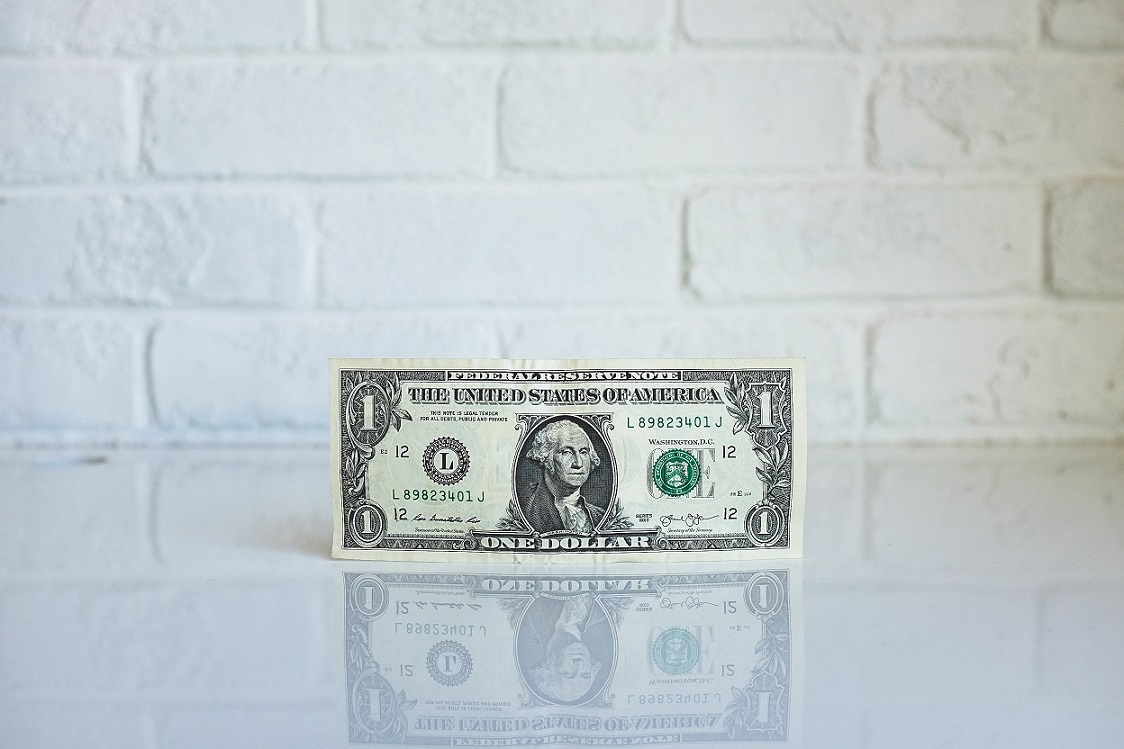
ONE :: LOANS
If you have multiple loans, speak to your bank about consolidating them at a low interest rate to reduce your interest payments. And, if you’ve been with your bank for a while, give them a call, tell them you’re thinking of switching and ask what they can do for you. Or even ask them flat out whether they’ll reduce your interest rate to keep you as a customer.
It might feel a little scary to do but remember, if you don’t ask, you don’t get.
TWO :: CREDIT CARDS
If you have multiple maxed out credit cards or a large credit card debt, can you get a personal loan at a lower interest rate to pay out the credit card balance or can you transfer your balance to a new credit card which offers a lower interest rate (or no interest at all)?
THREE :: INSURANCE
Have you had the same insurance policy (or policies) with the same company for years?
Phone or shop around to see if you can get a better deal with another insurance company.
It’s also worth taking the ‘best rate’ you find back to your existing insurer and asking if they’ll price match to stay competitive and retain your business.
Plus, take some time to really review your existing policies.
What are you paying for?
Does it meet your needs?
Or are you paying for things you don’t need (i.e. extras health cover for items you don’t want, need or use, over-insuring your vehicle or home contents, or paying for expensive personal insurance policies that may not be necessary).
Important note – when it comes to your insurance needs it’s always wise to speak with an expert before making changes to your policies. I’m not a financial advisor or insurance broker so I can’t give you advice here. What I’m sharing is from personal experience and I found that by shopping around I was able to save money by changing companies for my vehicle insurance and having home contents and car / bike insurance with one company, and by reviewing my health insurance and choosing the extras I want and will use (rather than ‘blanket’, everything’s included extras cover) I’ve been able to get the cover I need and save money.
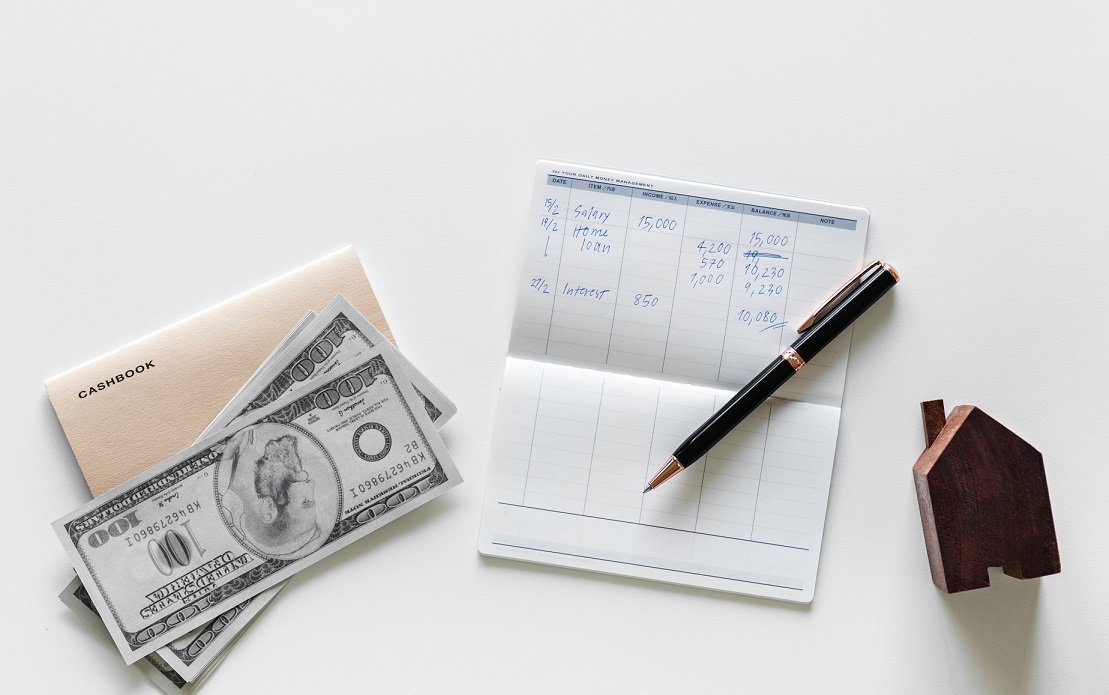
FOUR :: UTILITIES
Can you reduce household utility bills by being more mindful and making small, simple changes?
For example, turn off heating, cooling or lights on when you leave the house, switch to energy saving light globes, turn off the tap while you brush your teeth rather than leaving it running (and fix any leaky taps or faucets), or have slightly shorter showers.
These steps might not save you a bucket load of money overnight, but lots of little changes add up to big savings over time.
FIVE :: MEDIA SUBSCRIPTIONS
Are you paying huge rates for Pay TV or media streaming subscriptions?
Review the channels or options you’re currently paying for and if there’s anything you’re not watching or enjoying, look into cheaper alternatives or reducing your plan.
Or go one step further and trade TV time for reading a book, going for a walk, or having a real conversation with someone you love!
SIX :: COMMUNICATIONS
Do you have a home phone and a mobile phone (or multiple mobile phones)?
Speak with your communications provider and ask if they offer an option to package up your contracts or plans in exchange for a reduced rate.
And take the time to look at how much you’re spending on your mobile, home phone or internet plan(s).
Are you paying for calls, data or add ons that you don’t actually use?
See if your communications provider offers a plan that better meets your needs and take a little time to shop around too. Compare plans, prices and inclusions from different providers and, as with your insurance, take the best offer you find back to your existing provider and see if they’ll match it to retain you as a customer.
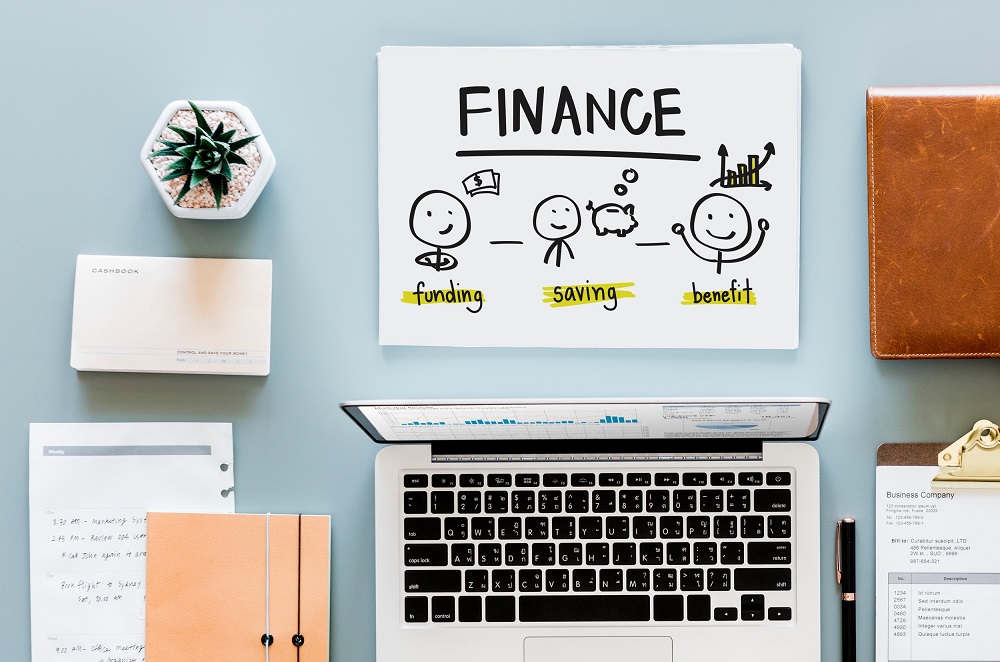
SEVEN :: KID RELATED EXPENSES
Is there any way to reduce the outgoings when it comes to childcare, school supplies or other ‘kid related’ expenses?
Are there options at your child’s school for second hand or borrowed text books?
Are there other parents you could team up with to create a child sitting exchange to reduce after school care costs, or could you recruit nanna and grandpa or other friends or relatives to help out?
Get creative and think about how you can reduce some of those necessary but big expenses you pay out for the kids.
EIGHT :: REGULAR APPOINTMENTS
Review any regular appointments you have, for example with a naturopath, Kinesiologist, Massage Therapist, manicurist etc. Do a loving check in and ask yourself;
Is this still helping me?
Is this what I need right now?
Is this helping me achieve my health and wellness goals?
If it is, great!
Keep looking after yourself.
But if you’re keeping appointments out of habit, consider reducing or cancelling future appointments and save the cash instead. Or look at discount offers and websites like Groupon, Scoupon etc. and bag yourself a bargain.
NINE :: GYM & FITNESS MEMBERSHIPS
Do you have a gym, yoga, Pilates or other fitness memberships you signed up for with the best of intentions but you’re just not using it? If the answer is yes, consider cancelling it and looking at inexpensive or free alternatives.
Try going for a walk in your local area or exercising at home, search for free videos on YouTube or via yoga or workout websites, or you could kick it old school, break out the exercise DVDs and work out in your lounge room!
And don’t forget some gyms, classes and centres offer a free trial class or pass so you can try before you buy.
Note – I absolutely don’t encourage or endorse becoming a freebie surfer (because energetically that’s all about lack and doesn’t show respect for people’s time and expertise), what I wholeheartedly recommend is to check out these free options if you’re considering changing your gym membership to a less expensive option or trading your pricey class for a new, less expensive option. It means you can check out the class, trainers or facility before you commit to spending your hard earned money.

TEN :: GROCERIES
How much are you spending at the supermarket each week?
Do you stick to the list or do you head to the supermarket hungry (or even hangry) and go WAY off list?
I’m guilty of shopping hangry and it usually means I come home with things I don’t need.
So over the next few weeks, bring awareness to what you’re buying and if you’re regularly throwing away perishables, try to reduce wastage by buying a little less or freezing a portion of what you buy as soon as you get home from the grocery store.
Also, look at whether there are lower cost alternatives availale for some of your usual grocery items. Important note – I’m not saying you have to buy generic or “home brand” across the board, but take a little time next time you shop to look at the options on the supermarket shelf and see what’s available.
I regularly shop based on habit, but every couple of months I’ll head to the supermarket on a Friday evening when it’s quiet and take time going up and down the aisles, reviewing my “usual choices” to see if there are new products available that I’d like to try or cheaper alternatives to my regular staples.
Lastly on the grocery front, are there items you buy frequently or in large quantities? If so check out options in your local area for discount warehouses or companies like Aldi or Cost Co. which offer discounts for purchasing items in bulk.
ELEVEN :: COFFEE & TAKEAWAY
Do you buy coffee, morning tea and/or lunch every day at work?
Consider taking your lunch each day (or even one day a week) to save a little money.
Another idea is to talk with your boss about investing in a coffee machine for the office.
I used to work in an office where each employee put in a few bucks to buy a Nespresso machine. Everyone had their own pods and could whip up a latte or espresso at the flick of a switch, without the $5 price tag and over time everyone saved a tonne of money on coffee.
Note: skip this idea if the whole point of your morning coffee is to get the heck out of the office.
TWELVE :: TRANSPORT
Are you spending loads of money on parking?
Could you save money by taking public transport? Or if that’s not an option, could you save money by driving to work with a colleague, friend or family member so you can split the costs?
And if you take public transport, can you buy a multi-pass or multi-trip ticket to save money?
Or are there other transport options available to you that could save you money?
For example, could you ride a bicycle to work?
Or a scooter or small motorbike?
It might sound crazy but if it’s an option, cycling is great for your health, the environment and your bank balance as there are no fuel or parking costs involved.
As for me, I’ve switched from using the car everyday to riding my motorbike (where possible – it’s not such a great option for a supermarket run!).
Not only did I get a great bike second hand for an absolute bargain, but I save more than $30 per tank of fuel over using the car, I actually fill up less often, get better fuel economy (I have a 150cc motorbike and I’m a pretty easy-going rider) and I get free all day parking in the centre of the city (thanks City of Adelaide). Winning!

THIRTEEN :: BUSINESS EXPENSES
Look at all of your business subscriptions and see if there’s anything you’re subscribed to that’s not returning to you – either in actual money by generating income for your business, or in time by automating regular processes and making life easier.
If there’s anything you’re either not using or loving, cancel it and save the cash.
For example, do you have business subscriptions for things like social media scheduling, client appointment bookings, project management, accounting software or web hosting?
Take some time to review each of the programs you use and ask around for recommendations. You might find there’s a program, app or piece of software that does the same thing either cheaper or free.
The same goes for networking groups. If you’re paying a monthly fee for access to a resource library, membership site or Facebook group but you’re not using it, loving it or learning from it, then let it go.
FOURTEEN :: DISCOUNTS & EARNING EXTRA $$
Some companies offer a discount for reviewing their product or service on your website. So if there’s a program, tool, app or piece of software that you use, love and recommend, contact the company and see what their policy is.
For example Meet Edgar, a social media scheduling tool, recently emailed me and offered a 25% discount on my next monthly bill in exchange for a review on my website. So check out the websites for the apps, tools and software you use or get in touch with them and ask the question.
Another tip that’s worthwhile noting here is that you can also earn a little extra coin by joining affiliate programs for products and services you love. Like I did here, here, and here.
FIFTEEN :: BAG A FREEBIE
If you have a blog or online business and there are products you use and love, you could contact the company and offer to write a review or share their products with your community via social media in exchange for some freebies or samples.
This is a particularly good option for mummy bloggers, fashion and beauty bloggers, travel bloggers and wellness bloggers as brands will often be willing to donate products or services in exchange for reviews or brand exposure, particularly if you have a large, engaged audience online.
The Wrap Up
There are plenty of ways you can reduce unnecessary expenses and free up extra funds to pay down debt or boost your savings. And it doesn’t have to be boring or mean you live like a miser until you’ve turned things around.
So take a good, honest look at your money – what you receive and what you spend, and get real about what you actually need so you can create the financial freedom for the future you REALLY want.
Commit to taking at least ONE action this week to reduce expenses and start moving towards financial freedom. Name it and claim it in the comments and let me know how you go!
Sarah x
P.S. Ready to amplify your ability to receive money and open up to abundance? Try these 11 affirmations to help you attract money into your business, your life, and your bank account.
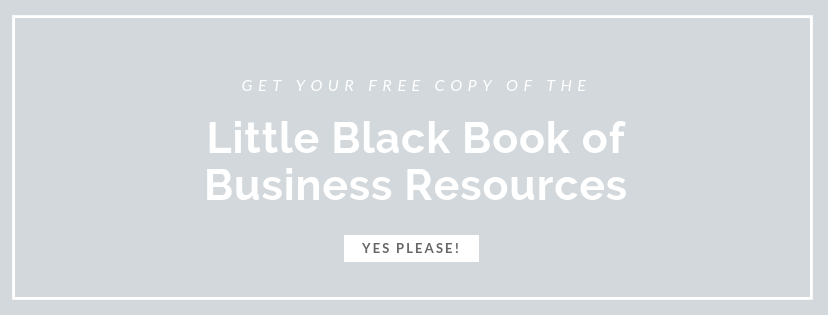

Love this so much.
I’m in a pickle at the moment and I have The Barefoot Investor sitting on my coffee table ready to be read so that I can dive into my money story. I’m trying to get myself happy and in the zone with this, especially since I’m about to undergo a massive restructure in my life and all of these tips are definitely great. Your tips always are.
Love you awesome lady x
Awww so glad you love it beautiful. Definitely read The Barefoot Investor. I’m a super slow reader and I devoured it in a few days around work and life. It’s SO good. Lots of simple, actionable tips to help you start saving money straight away and to get out of debt. It’s also a book you can keep reading over and over as you get to different stages of financial freedom. So you can move from in debt to debt free, to debt free with savings, to debt free with a house deposit, to paying off your house, and investing and having more than enough money to retire happy, healthy and wealthy. It’s AWESOME. And let me know how you go with the tips to reduce expenses! xx